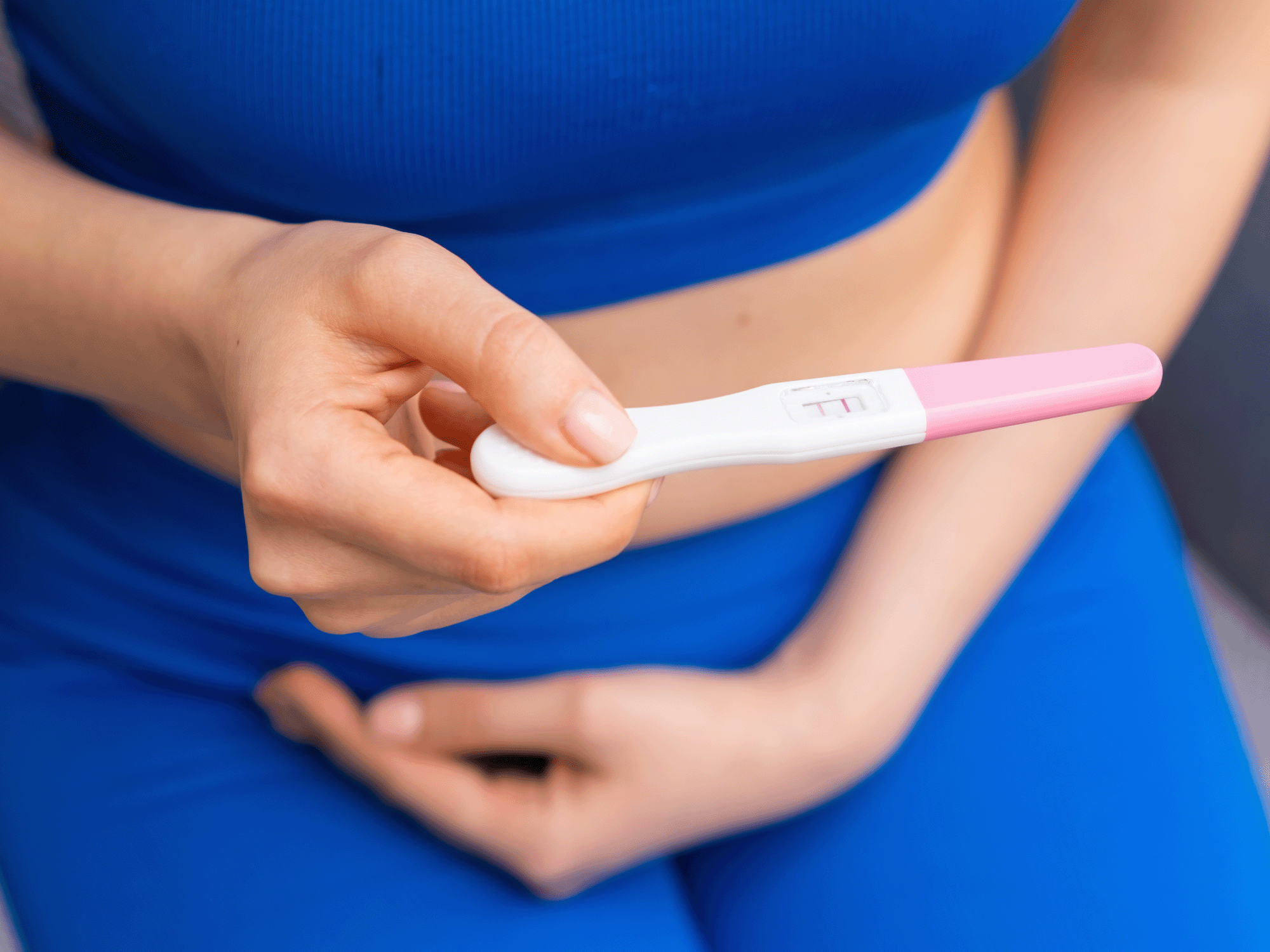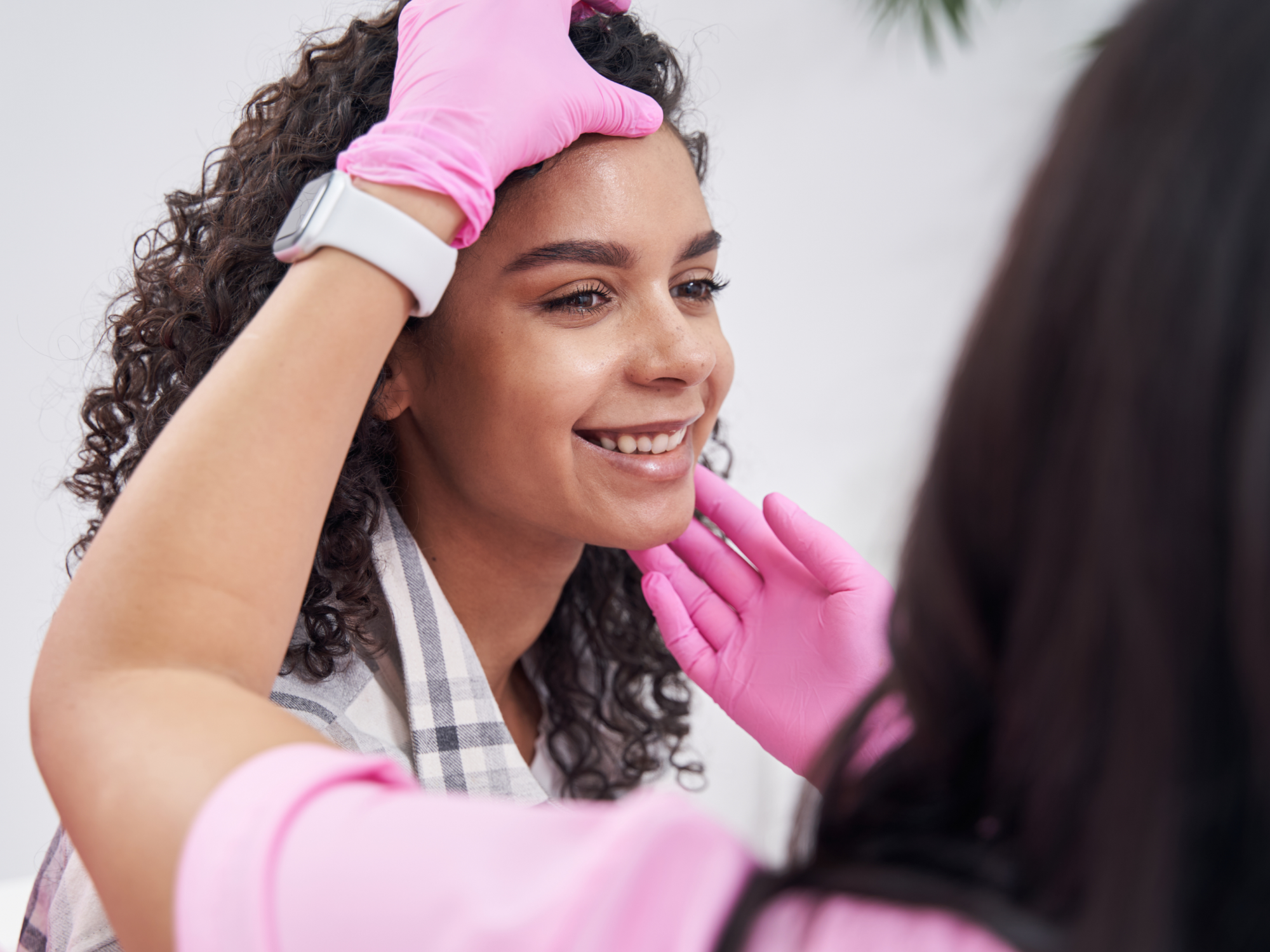The sun beats down as you spread your beach towel on the sand, the temperature already climbing past 85°F at 10 AM. As you plan another perfect summer day filled with outdoor adventures and poolside barbecues, there's an invisible hero working overtime behind the scenes: your blood. Summer heat triggers fascinating changes in your hemoglobin levels that most people never consider—but understanding these changes can help you maintain optimal blood health all season long.
Summer and Your Blood: The Hidden Connection
When exposed to heat, your body increases plasma volume to help with cooling through sweating [1]. This initially dilutes your red blood cells and hemoglobin, temporarily decreasing their concentration [2]. But your body fights back by ramping up red blood cell production, similar to high-altitude training adaptations. This can actually improve oxygen-carrying capacity over time, making summer heat a legitimate strategy for boosting circulatory performance [3].
However, this adaptation requires proper support. Without adequate nutrition, hydration, and timing, prolonged heat exposure can stress rather than strengthen your blood health.
Hot Weather Hemoglobin Hacks
Beach Days & Outdoor Activities: Master the Hydration Game
Start hydrating the night before with iron-rich foods and plenty of water. Pack hemoglobin-boosting snacks that won't spoil: dried apricots with almonds, or quinoa salad with spinach and chickpeas. Avoid relying solely on sugary drinks or alcohol, which contribute to dehydration. Instead, alternate between water and electrolyte-rich coconut water.
Summer Workouts: Timing Is Everything
Schedule intense outdoor workouts for early morning (before 10 AM) or evening (after 6 PM). Pre-fuel with iron-rich foods at least 2 hours before exercising—fortified cereal with strawberries or turkey and spinach wraps work well. During activity, sip vitamin C-enhanced water. Post-workout, consume both protein and iron within 30 minutes.
Travel & Hot Destinations: Prep Your Blood
Start preparing two weeks before travel by gradually increasing iron intake through food. Pack travel-friendly options: dark chocolate, dried fruits, and vitamin C tablets. Avoid caffeine or tea with iron-rich meals—tannins can significantly reduce iron absorption, especially for plant-based iron sources.
Summer Grilling: Turn BBQs Into Blood Health Boosters
Lean beef, turkey burgers, and grilled fish provide easily absorbed heme iron. Create colorful side salads with dark leafy greens, bell peppers, and citrus-based dressings. For vegetarian options, try grilled portobello mushrooms stuffed with quinoa and spinach. Always pair iron sources with vitamin C.
Air Conditioning Balance
Allow gradual heat acclimatization by spending 15-20 minutes daily in natural temperatures. This helps your body develop natural cooling and blood volume regulation. Eat your most iron-rich meal during the coolest part of your day when your body can dedicate more energy to nutrient absorption.
Technology Meets Summer Wellness
Summer's unpredictable schedule makes it harder to gauge blood health support. The Ruby app lets you track your Iron Score with a fingernail selfie whether you're home or traveling. Many users find summer ideal for establishing baseline scores and monitoring how activities affect their blood health. Ruby's wellness tracking for hydration, supplements, and mood helps identify patterns between blood health scores and summer lifestyle choices.
Your Summer Action Plan
Summer doesn't have to compromise your blood health. By understanding how heat affects hemoglobin and working with your body's adaptations, you can use summer to strengthen blood health.
The key: preparation, timing, and consistency.
Start hydrating before you're thirsty, fuel with iron-rich foods during cooler parts of the day, and allow gradual heat adaptation. Most importantly, monitor the changes—summer fatigue could be your blood health signaling that it needs more support.
Ready to make this your healthiest summer yet? Download the Ruby app to start tracking your Iron Score and discover how your summer activities really affect your blood health.
Click here to download Ruby via the iOS or Android app stores.
References
[1] Fortney, S.M. & Miescher, E. Changes in Plasma Volume During Heat Exposure in Young and Older Men. National Center for Biotechnology Information. Available at: https://www.ncbi.nlm.nih.gov/books/NBK231117/
[2] Rønnestad, B.R., Hamarsland, H., Hansen, J., Holen, E., Montero, D., Whist, J.E., & Lundby, C. (2020). Five weeks of heat training increases haemoglobin mass in elite cyclists. The Journal of Physiology, 598(15), 3167-3181. https://doi.org/10.1113/EP088544
[3] NSW Institute of Sport. Heat and Altitude Training for Athletes. Available at: https://www.nswis.com.au/nswis-news/heat-and-altitude-training-for-athletes/





Leave a comment
This site is protected by hCaptcha and the hCaptcha Privacy Policy and Terms of Service apply.